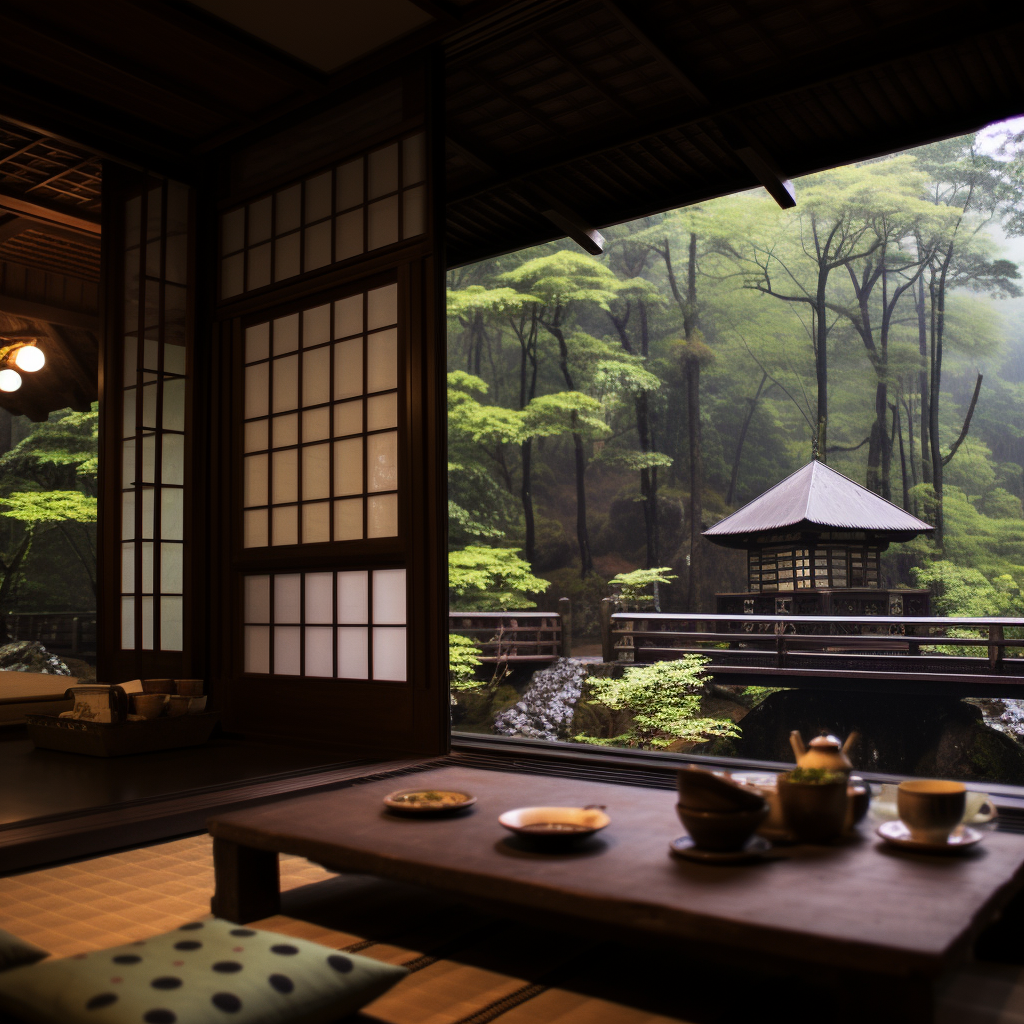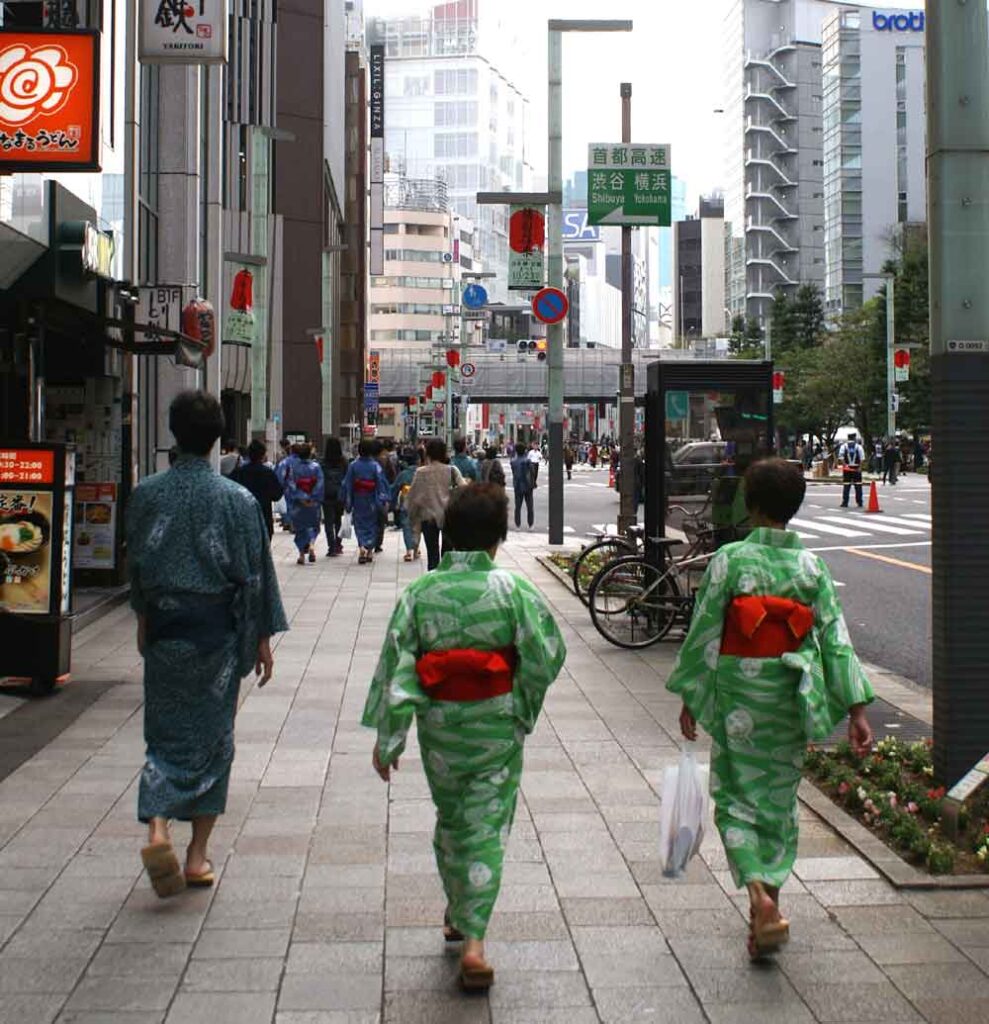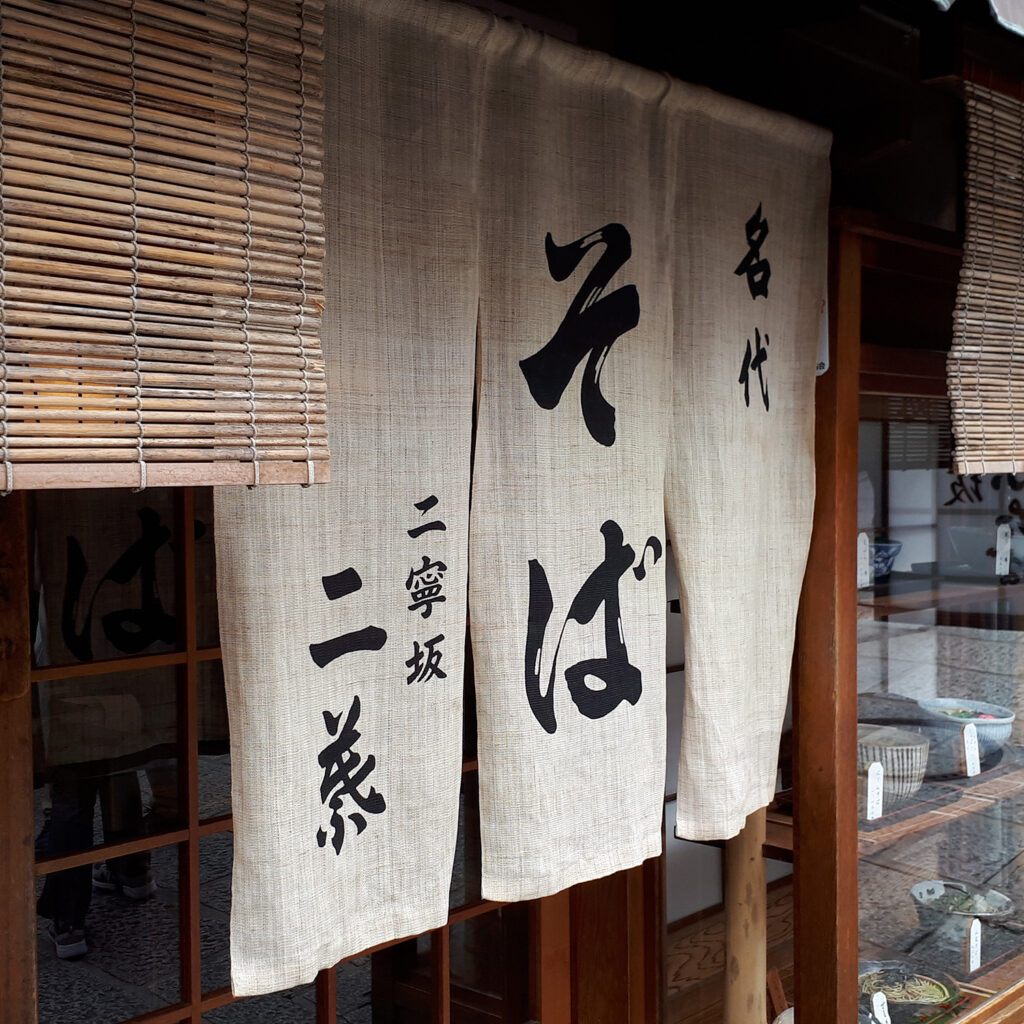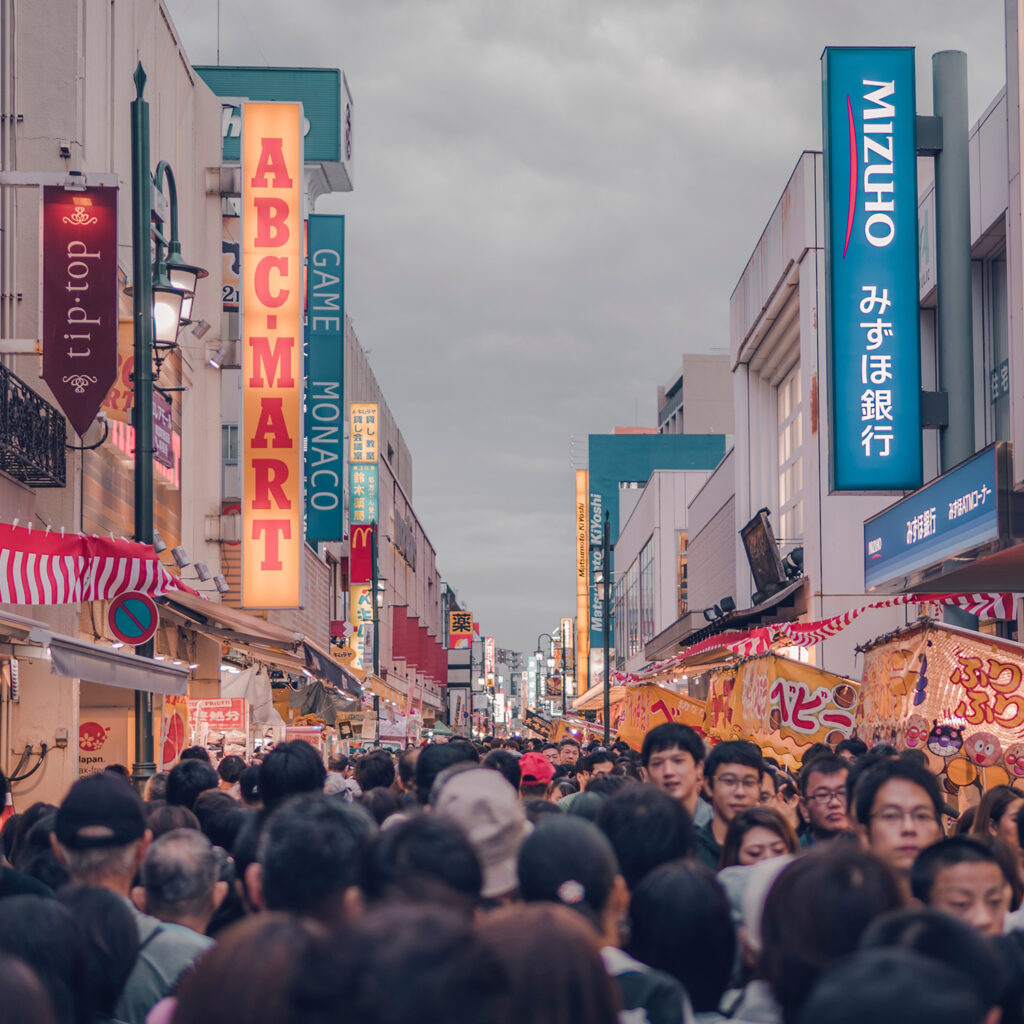Ryokan, a traditional form of Japanese accommodation, are inns that offer travelers a unique and authentic experience of Japan. Nestled in the heart of picturesque landscapes, these establishments combine traditional Japanese hospitality, respect for local customs, and immersion in the ancestral culture of the land of the rising sun. In this article, we will explore in depth the bewitching universe of ryokan, highlighting their characteristics, their history, their architecture, their services, and the experience they offer to travelers in search of harmony with nature. and Japanese traditions.
History and origin of ryokan:
Ryokan have a long history dating back to the Edo period (1603-1868). Originally, they were used by travelers and merchants on the move along the trade routes of Japan. Over time, these hostels have evolved into places of retreat for travelers seeking peace and serenity.
Architectural features:
The architecture of the ryokan is marked by the use of natural materials such as wood and rice paper. These wooden structures, often surrounded by beautiful gardens, are designed to blend harmoniously into their natural surroundings. Rooms are generally tatami style, with rice straw mats covering the floor, and futons for sleeping. The ryokan also feature traditional hot spring baths, called “onsen,” fed by natural hot springs that provide visitors with an unparalleled relaxation experience.
The ryokan experience:
A night in a ryokan is an unforgettable experience. Travelers are greeted with warmth and courtesy by the attentive staff, who ensure that every detail is taken care of to make the stay unforgettable. Meals served in ryokan are often kaiseki banquets, a type of sophisticated Japanese cuisine that showcases fresh, seasonal ingredients presented in artistic dishes. Guests can also participate in tea ceremonies, dress in traditional kimonos, and enjoy relaxing onsen baths.
Respect for customs:
While staying at a ryokan, visitors are encouraged to observe certain Japanese customs. This includes removing shoes upon entry and wearing special slippers indoors, not using Western sleepwear in common areas, and storing futons during the day to free up living space.
Modern ryokans:
Although ryokan stay true to their traditional roots, many properties have adapted to the changing needs of modern travelers. Today, some ryokans offer more contemporary amenities such as air conditioning, Wi-Fi, and private bathrooms, while maintaining the essence of authentic Japanese hospitality.
Japanese ryokans are more than just accommodation; they are open doors to a thousand-year-old culture and tradition. They offer travelers a unique experience of immersing themselves in the soul of Japan, with warm hospitality, soothing onsen baths, exquisite meals and dazzling architecture. If you’re looking for an unforgettable travel experience, ryokans are a must-see destination during your stay in Japan. Immerse yourself in the timeless beauty of this authentic mode of accommodation and enjoy a memorable cultural experience.





